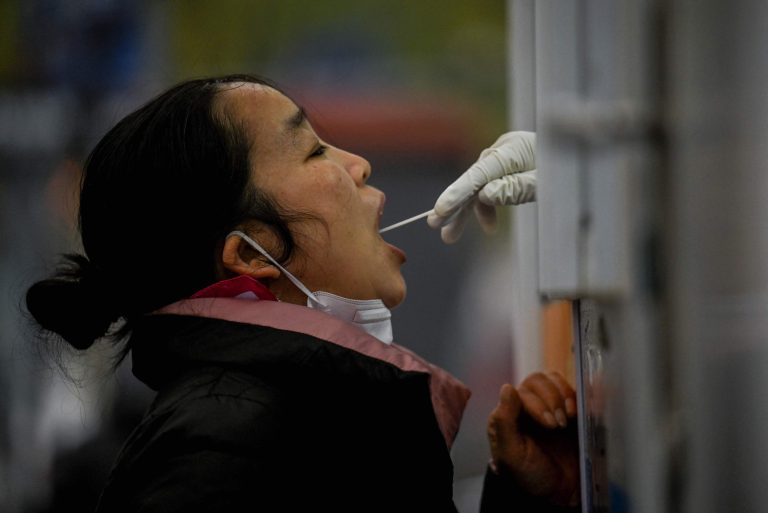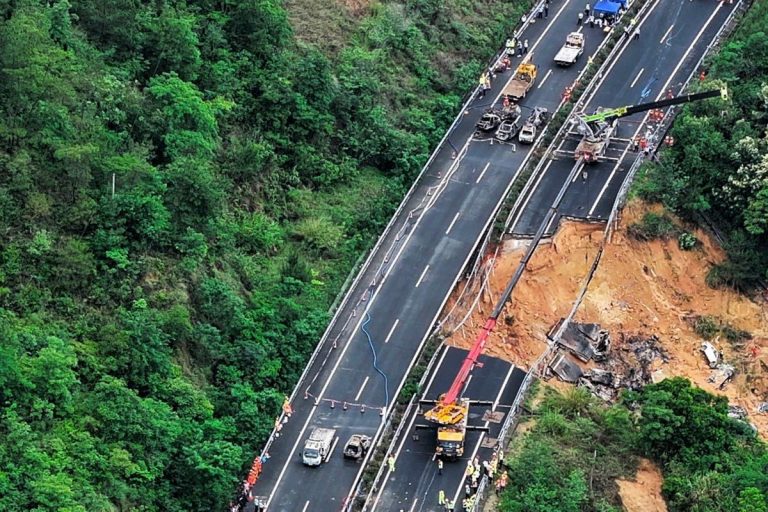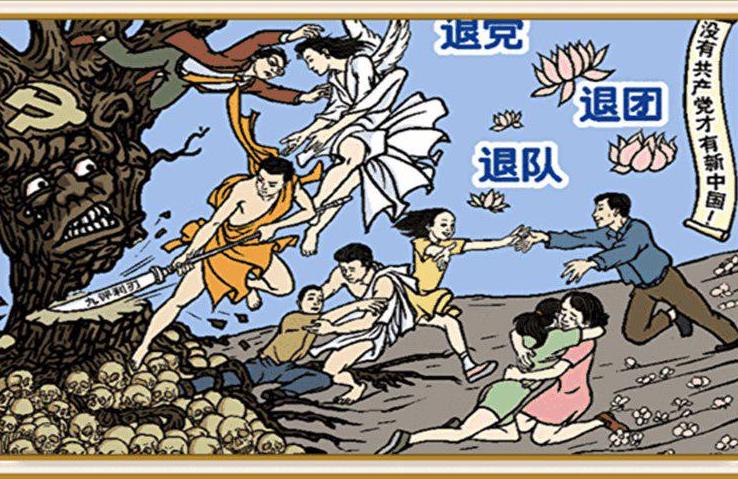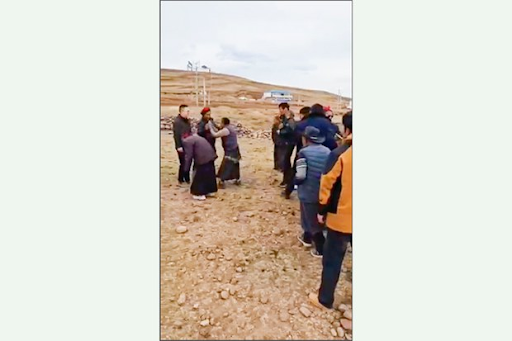After nearly two years of unrelenting “zero-COVID” pandemic measures that saw millions of people confined inside their homes for months at a time, China has finally begun the process of loosening its virus restrictions. The hefty restrictions have fueled a myriad of tragedies and violence — negatively impacting an already stagnating national economy.
Though Beijing is now hoping to revive its economy by shortening quarantine periods for foreign arrivals and lifting citywide lockdowns, a number of cities have reportedly seen a spike in new COVID cases.
MORE ON CHINA’S ‘ZERO-COVID’ POLICIES:
- China’s Guangzhou in Revolt Over Newest COVID Lockdown
- Chinese Research Group Calls On Beijing to Ease ‘Zero-COVID’ Policies, Citing Worsening Economic Outlook
- Fearing COVID Lockdown, Over 10,000 Workers Break Out of China’s Biggest iPhone Factory
- Communist Politics Are Bringing Disaster to China–And Xi Jinping
On Nov. 21, China’s National Health Commission reported two COVID deaths on Sunday, Nov. 20; another man in Beijing also died on Nov. 19 from complications related to the virus.
The deaths come as the world’s most populous country faces a surge in new cases — with 26,824 new infections reported on Nov. 20 – according to the National Health Commission. The new infections mark the highest numbers since mid-April, and the sixth consecutive day where cases have soared past 20,000 in a single day.
Before this weekend, China’s most recent COVID-related death occurred on May 26 in Shanghai — the megalopolis of nearly 27 million was locked down for months from early April to June.

Grim economic outlook
Success
You are now signed up for our newsletter
Success
Check your email to complete sign up
China is the last major economy in the world still enforcing draconian COVID measures — including strict border restrictions, prolonged quarantines and mass testing, blanketing lockdowns of entire neighborhood blocks or cities in a bid to quickly stamp out chains of transmissions whenever new cases are detected.
As a result, economists have warned that in order for China to recuperate its national economy, it will need to boost local growth — which sank by 2.5 percent in the first half of 2022 compared to a year ago. China’s economy is also reeling from banking and real estate crises that have affected millions of people.
In an attempt to recoup some of the losses stemming from the lockdowns, struggling real estate developers have attempted to increase housing prices — resulting in a growing number of residents being unable to afford new properties, or opting to stop buying altogether.
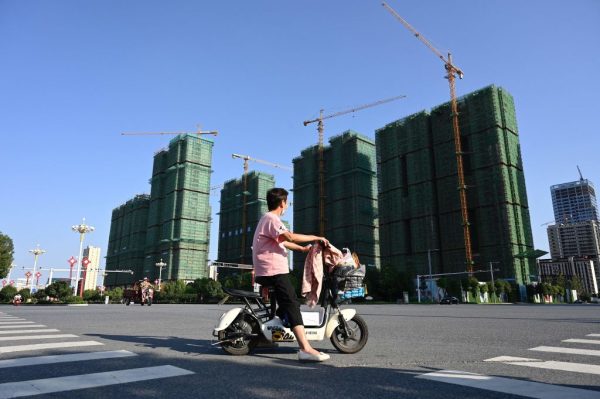
The heavy-handed measures have also shuttered businesses, severely halted industrial output, and ignited a wave of capital exodus unseen in the last seven years. More than 10,000 of China’s wealthiest elite are expected to leave the country this year — taking a staggering $48 billion with them.
According to U.S.-based political commentator on Chinese politics and international relations, Tang Jingyuan, the CCP’s heavy-handed COVID measures have expedited the desire of many people wanting to leave in search of better opportunities and access to civil rights.
“There is serious anxiety and distrust of the CCP’s future governance. In order to find better living conditions and basic rights, many have decided to emigrate overseas,” Tang said.
MORE ON CHINA’S ECONOMY:
- China Experiencing Worst Capital Flight in 7 Years, Manufacturers Also Hit Hard
- China to Provide 200 Billion Yuan in Loans to Commercial Banks for Housing Completions
- Is China Losing Its Hold on the World’s Rare Earths Market?
- Reading the Results of China’s 20th Party Congress
- Evergrande Chairman’s Hong Kong Mansion Seized by Bank – Media Report
‘Substantial changes’ underway
Despite the spike in new cases, sources told Reuters that Beijing will forge ahead with its push to lift virus restrictions. According to a former official with China’s disease control, “substantial changes” are expected to take place following the 20th Party Congress that concluded in October.
The politically significant event, which takes place every five years, saw Chinese leader Xi Jinping secure a third-term as the country’s president and head of the Chinese Communist Party (CCP). The event also saw Xi appoint many of allies to higher posts.
However, as China has seen a number of false starts and ensuing lockdowns when new clusters of the virus are discovered, it remains to be seen whether restrictions will effectively be lifted this time around.



